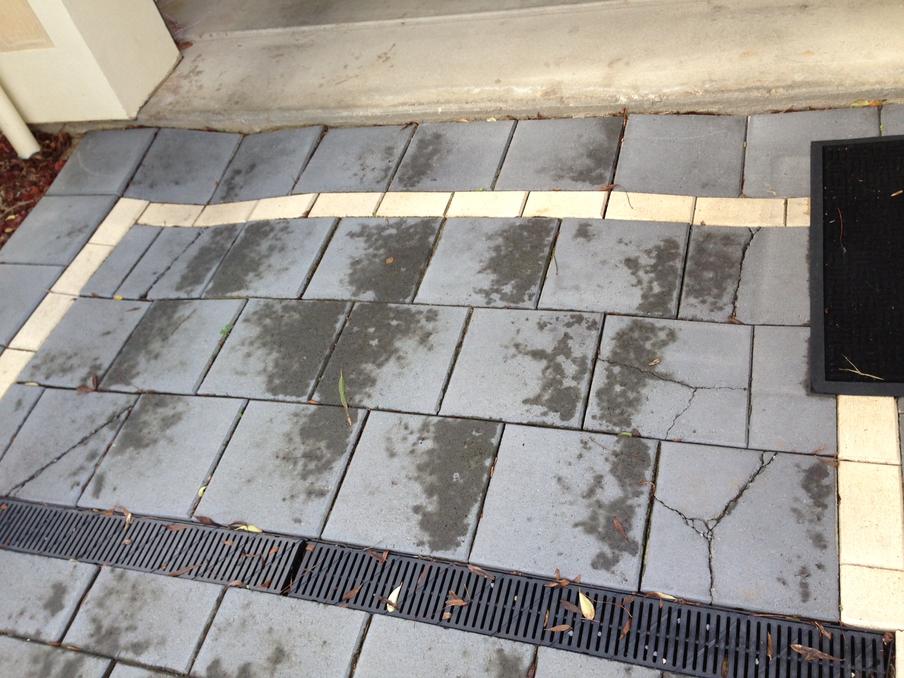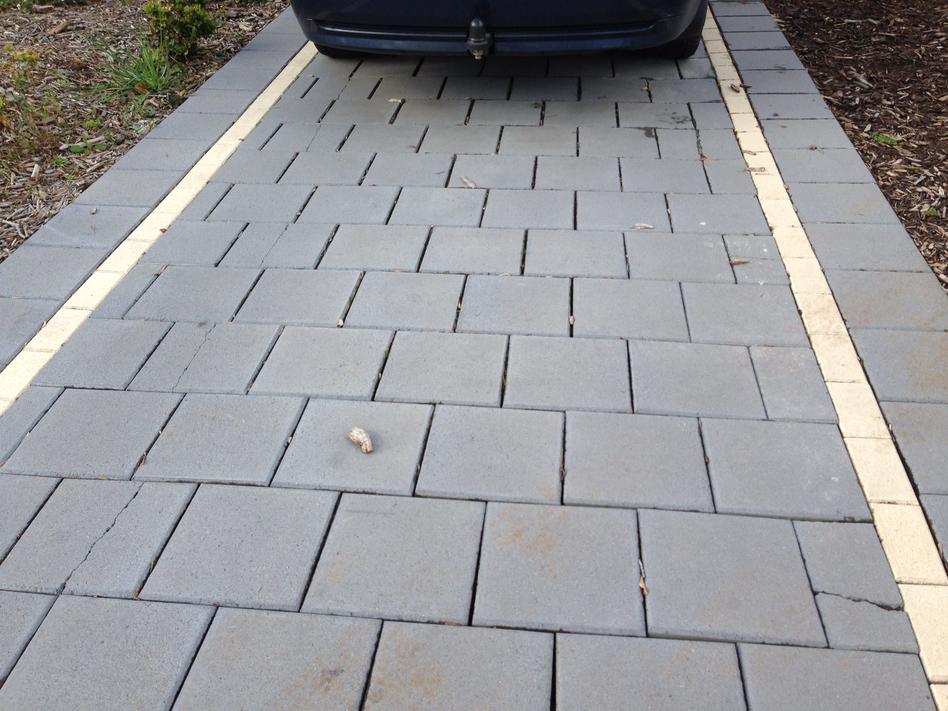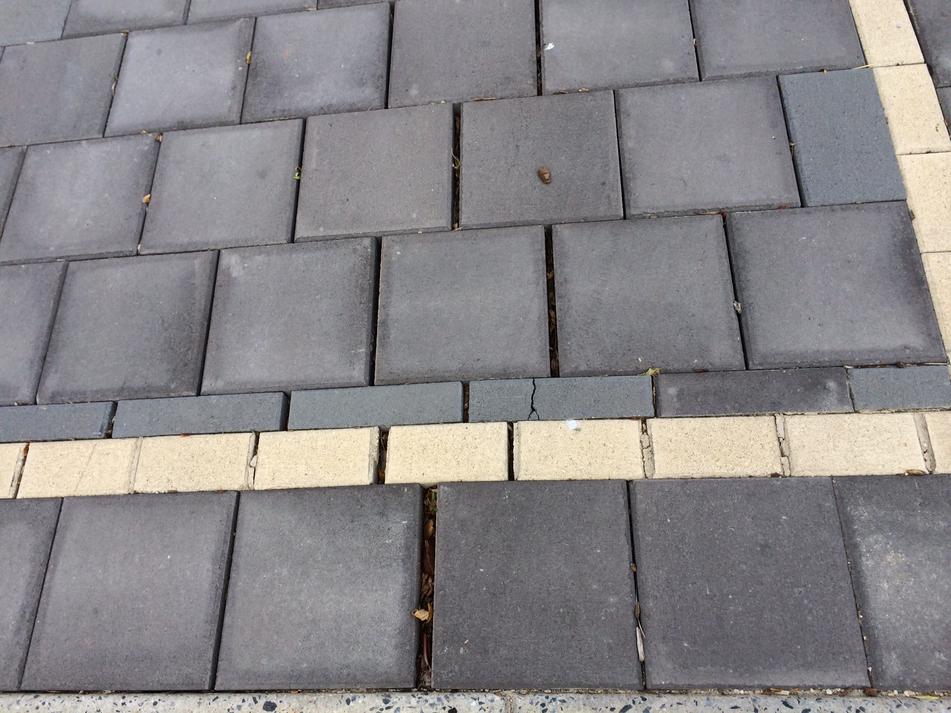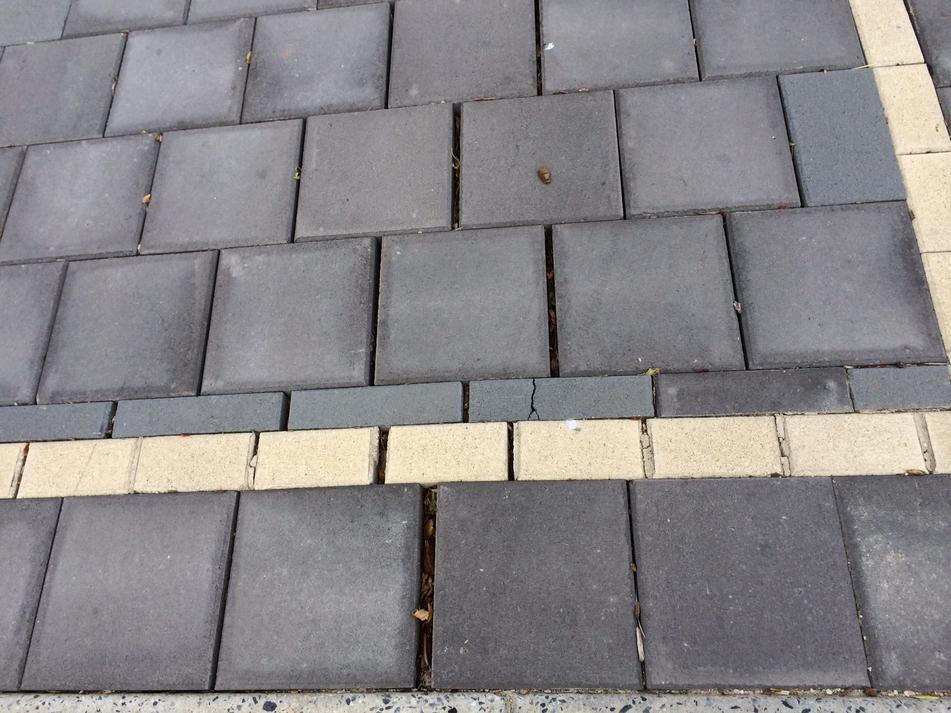Hi Guys,
I have a property which is only 3 years old, it was built by professional builder, but the stormwater and landscaping (paving, fencing) were done by contractors which I found myself.
The problem was.... in the second year, I found the paving started to crack and move around.


So I found a new paving contractor to relay the paving, they re-do the base and etc...
All was good... until six month later now, I just realised some of the pavers start moving apartment again!!


Can anyone see what might be wrong?? I am really fed up with this. I knew from soil report that the soil was very reactive, hence I spent a lot on doing the footing, and many contractors said even with reactive soil the pavers should not move like this.
I have a property which is only 3 years old, it was built by professional builder, but the stormwater and landscaping (paving, fencing) were done by contractors which I found myself.
The problem was.... in the second year, I found the paving started to crack and move around.
So I found a new paving contractor to relay the paving, they re-do the base and etc...
All was good... until six month later now, I just realised some of the pavers start moving apartment again!!
Can anyone see what might be wrong?? I am really fed up with this. I knew from soil report that the soil was very reactive, hence I spent a lot on doing the footing, and many contractors said even with reactive soil the pavers should not move like this.
Attachments
Last edited by a moderator:




